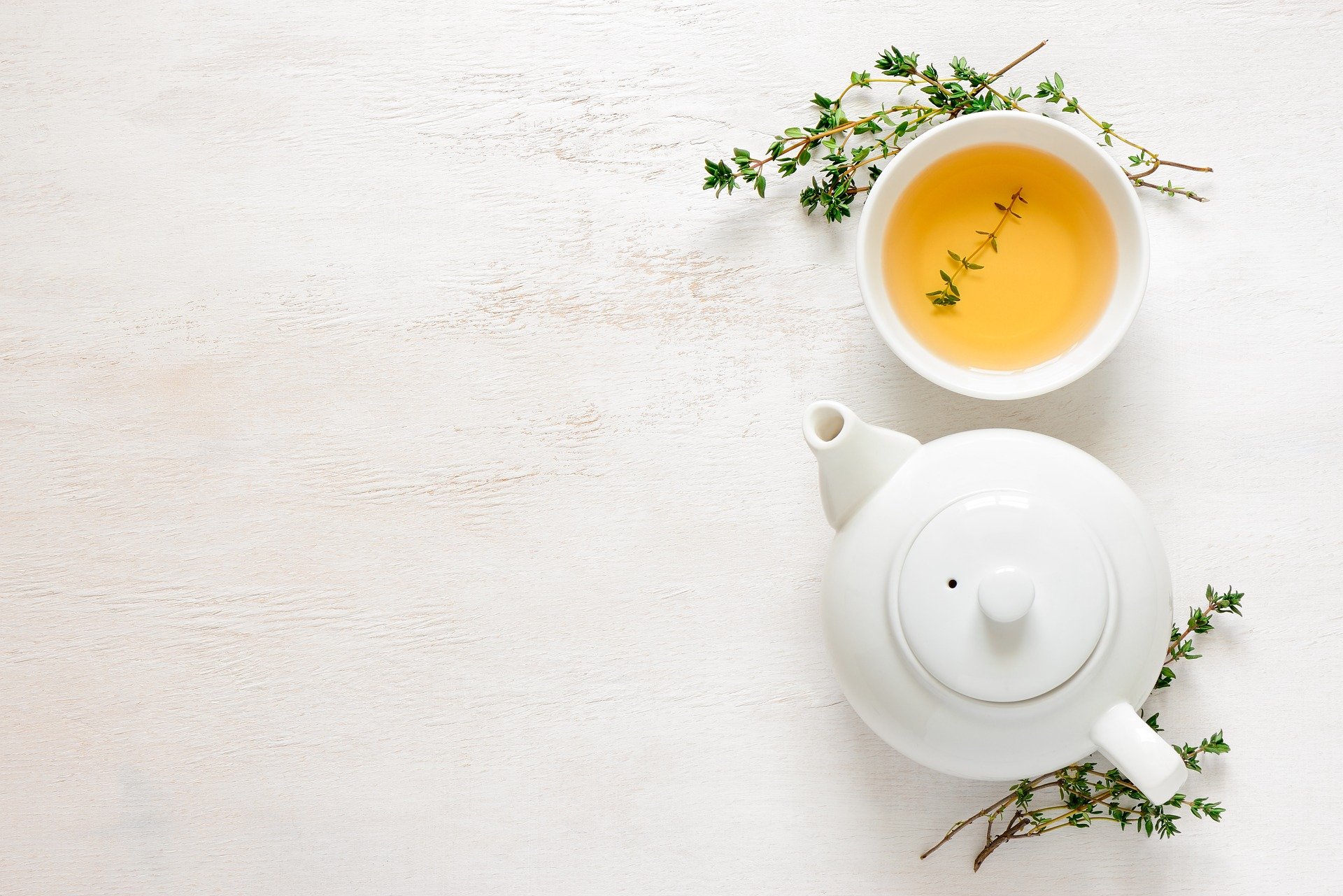Modern everyday life is extremely hectic and stressful. So it’s hardly surprising that more and more people are having great difficulty finding peace and quiet and soothing relaxation for at least a few hours in the evening.
However, in order to switch off from everyday stress and finally give both body and mind the time out they deserve, calming teas prove to be an extremely valuable aid – they can even be prepared without much effort on one’s own.
In addition to the classic herbal blends for brewing calming teas, CBD flowers are also highly recommended. The cannabidiol from the hemp plant contained in them not only has a stress-relieving and relaxation-promoting effect, but also promotes general well-being and health to a great extent.
How calming teas can be easily prepared yourself, explains the following article.
Melissa tea for inner balance and calm
Melissa is an herb that is ideal for preparing a soothing calming tea. In naturopathy, the herb is traditionally used to optimize sleep and relieve stress. It is recommended to take the lemon balm tea for a period of two weeks. However, due to the lack of studies, breastfeeding and pregnant women are not advised to take lemon balm. However, no interactions with other medications are to be feared.
To prepare lemon balm calming tea, two teaspoons of dried lemon balm leaves are poured over 250 milliliters of hot water. Alternatively, three to four fresh leaves of the herb can be used. After boiling, the water should cool for a few minutes – this guarantees that the beneficial essential oils of the herb are preserved during preparation. Following this, the tea must steep for around ten minutes before the lemon balm leaves can be removed.
Those who wish to achieve long-term strengthening of their nervous system should consume three cups of the tea per day. It is especially useful to combine the intake with a small ritual, such as listening to a podcast or reading a book, to further enhance relaxation.
Lavender tea for higher sleep quality and relaxation
Those who don’t tolerate lemon balm well or are generally looking for an alternative to lemon balm tea will have no trouble finding it in natural medicine. Like lemon balm leaves, lavender flowers, for example, help you to relax fully. In addition, the quality of sleep is also said to benefit from them.
To prepare lavender tea, the first step is to boil water, which is then allowed to cool for a few minutes. The hot water is then poured either directly over two fresh lavender flowers or a teaspoon of dried lavender. The tea should then be left to steep for around ten minutes. Like lemon balm tea, lavender tea can be consumed three times a day.
Calming thanks to St. John’s wort
In naturopathy, St. John’s wort is also of great importance. The versatile herb is thus also found in some conventional medicines as an ingredient. St. John’s wort is said to promote healthy sleep and combat inner restlessness. In addition, the use of St. John’s wort is also recommended for depression and mood swings.
It should be noted, however, that St. John’s wort should not be consumed when using birth control pills or antidepressants. In this case, negative interactions may occur, reducing the effect of the pill and increasing the effect of antidepressants. If other prescription drugs are taken, always consult a doctor before using St. John’s wort.
To prepare the soothing tea from St. John’s wort, either two to three fresh leaves of the herb or two teaspoons of dried St. John’s wort are needed. These are poured over with hot water, then the tea must infuse for a period of about ten minutes. The calming tea can then be drunk twice a day.
Photo by dungthuyvunguyen @Pixabay
